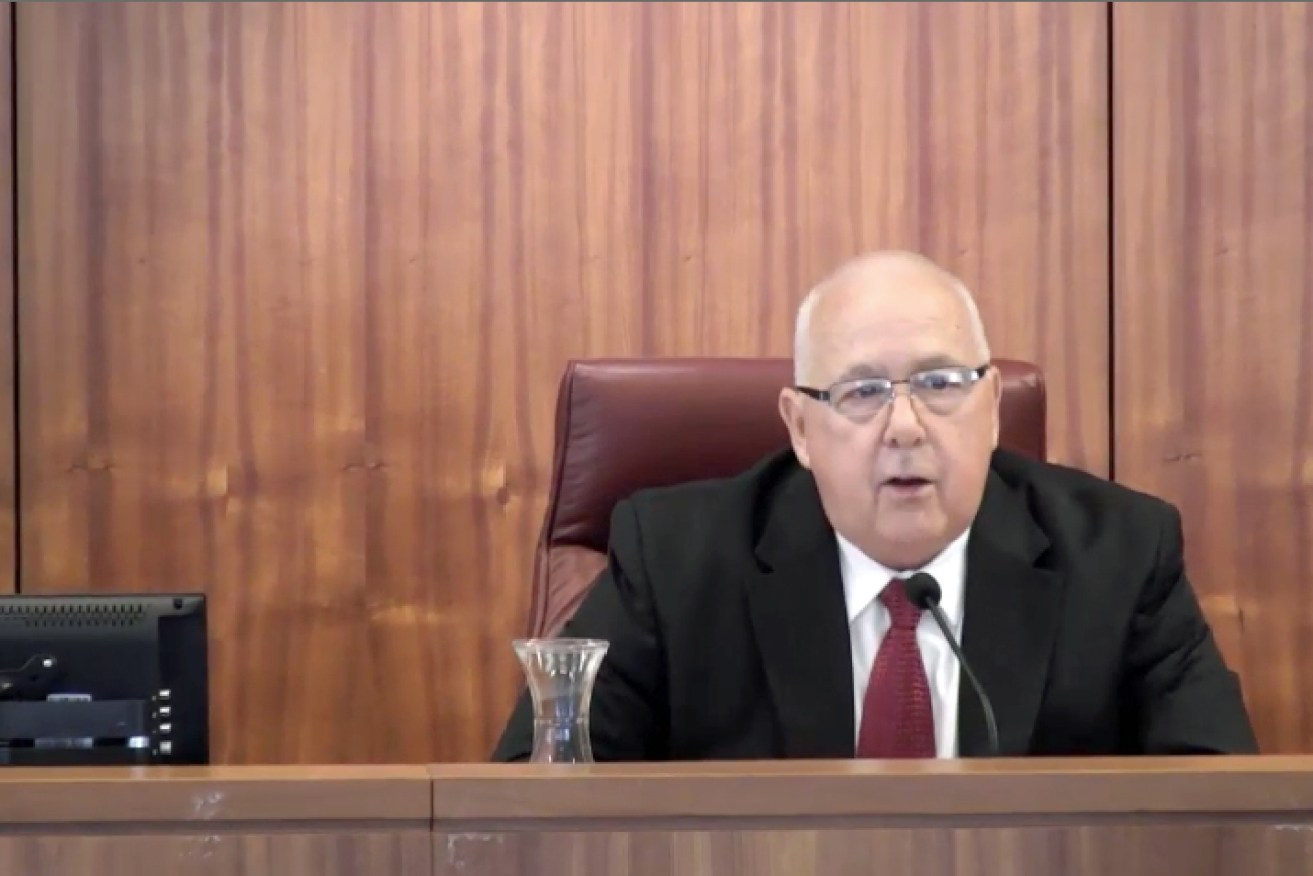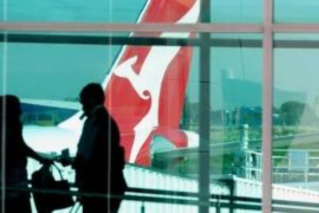Fair Work Commission busts economic myth on minimum wage

Fair Work Commission president Justice Ross announced a 3.3 per cent minimum wage boost on Tuesday. Photo: Fair Work Commission
The workplace umpire has given 2.3 million of Australia’s lowest-wage workers their biggest pay increase in recent years by throwing out a pervasive economic myth – to the dismay of employers.
For centuries, the argument that increasing wages worsens unemployment has been used the world over, including by employer groups in Australia, to fight pay rises.
However, Fair Work Commission president Iain Ross admitted on Tuesday, in handing down the annual minimum wage decision, new academic research had convinced the panel previous decisions “may have been overly cautious”.
The Commission’s Expert Panel decided to boost the minimum wage by 3.3 per cent, higher than the 2.4 per cent in 2016, 2.5 per cent in 2015, and 3 per cent in 2014.
“Our consideration of the international research on the impact of increases in minimum wages on employment, particularly the UK research, has fortified our view that modest and regular wage increases do not result in disemployment effects,” Justice Ross said.
“That research also suggests that the Panel’s past assessment of what constitutes a ‘modest’ increases may have been overly cautious, in terms of its assessed disemployment effects.”
The 3.3 per cent increase will lift the minimum wage by 59 cents an hour or $22.20 a week, leaving full-time workers with at least $36,108.80 a year, effective from July 1, 2017.
The full ‘minimum wage’ is paid to employees aged 21 and over who are not covered by an award (an industry-wide ruling from the Fair Work Commission) or an enterprise bargaining agreement (a contract negotiated directly between a boss and their workers).
Workers younger than 21 earn a smaller percentage of the national minimum, and Award-reliant workers have a separate minimum.
The Australian Industry Group had proposed a 1.5 per cent increase, the Australian Retail Association 1.2 per cent, and the ACTU 6.69 per cent. All of these groups were angry at the result, suggesting the Commission’s Expert Panel – headed by Justice Ross, a former ACTU assistant secretary and Labor Party member appointed by Bill Shorten – found the middle ground.
The Expert Panel came to its conclusion based on new research, especially the RAND Report, which analysed all previous studies on the effect of the UK minimum wage on employment, hours and job retention.
“A large increase in empirical research overseas, particularly in the US and the UK, has produced increasingly similar findings,” the Panel wrote.
“Moderate increases in minimum wages are seen everywhere to have very low or no negative employment impacts. No new studies to the contrary were presented to the Panel for this Review.”
Dr Jim Stanford, economist at The Australia Institute, said the Commission was “late to the party”, as the last 20 years had uncovered “an overwhelming weight of empirical research” to prove that minimum wage increases either have little or no impact – or a positive boost – to employment.
“Economists have identified several mechanisms through which higher minimum wages actually help business and boost employment, including very positive impacts on retention, productivity and skills and training,” Dr Stanford told The New Daily.
“If the Fair Work Commission truly believed there would be little or no employment impact, then they’ve missed a chance to go big with the minimum wage increase.
“We’ve got unprecedented stagnation in wages across the board, combined with very strong profit numbers. If there was ever a year for the Commission to do something dramatic, this was it. Citing that same research, they clearly could’ve justified a more ambitious effort.”
The Australian Industry Group slammed the minimum wage increase as “excessive” and “out of sync” with the state of the economy, while the Australian Retailers Association said it would “stifle jobs growth” – despite offering no academic proof.
The Commission’s change of stance was a win for the ACTU, as it was based on research provided by unions.
However, ACTU secretary Sally McManus said the 3.3 per cent increase “was not enough to raise people out of poverty”, and would be wiped out for many workers reliant on Sunday penalty rates.
“The minimum wage will now be just over $36,000 a year. That’s not enough to support yourself let alone a partner and family anywhere in Australia,” Ms McManus told reporters.
“So many workers, 700,000 of them, will have this pay increase discounted on 1 July. They’ll get less of a pay increase – that’s our lowest paid workers anyway working in retail and hospitality. They won’t even get this increase because of this penalty rates cut. That’s unacceptable.”









